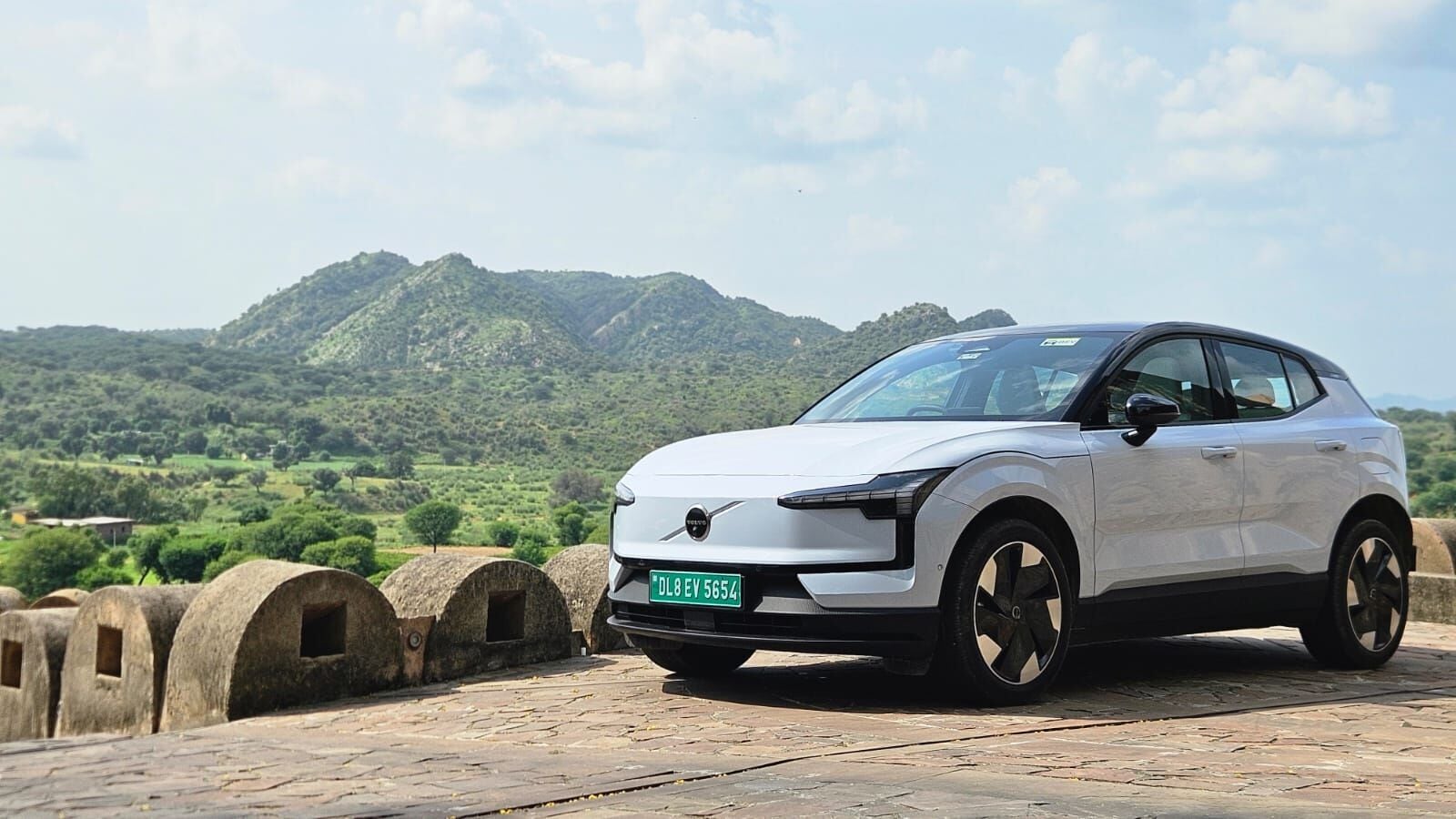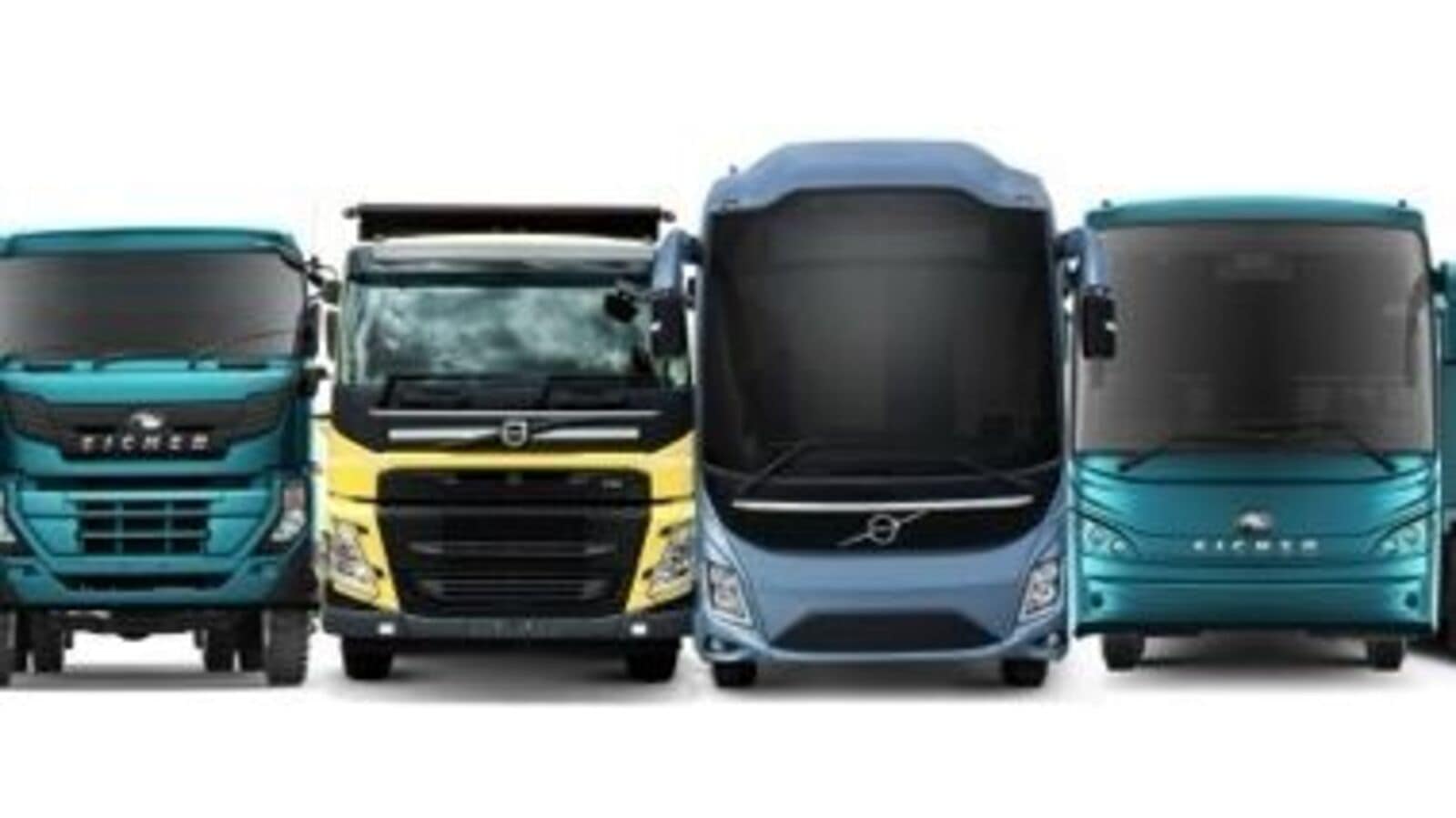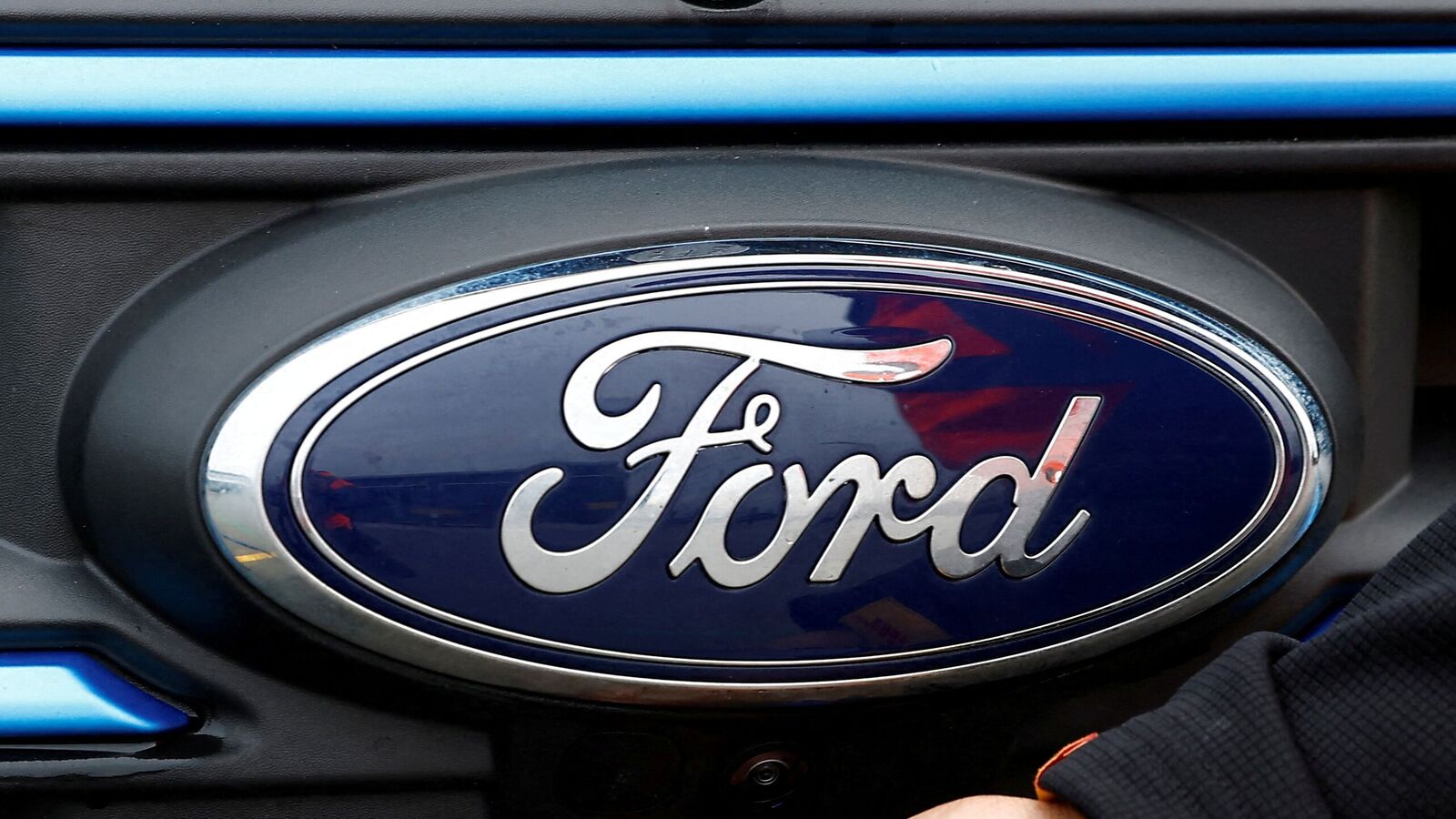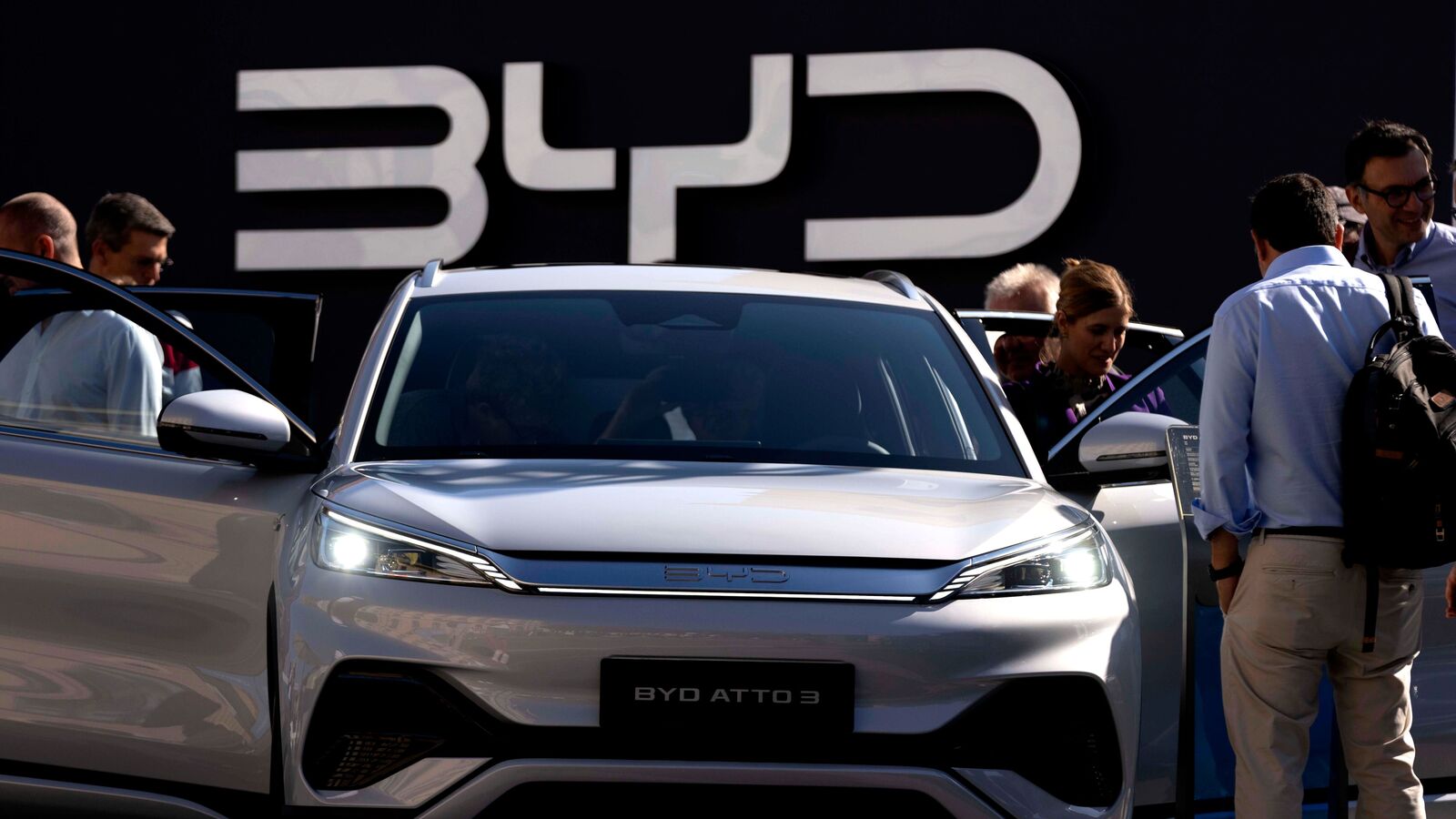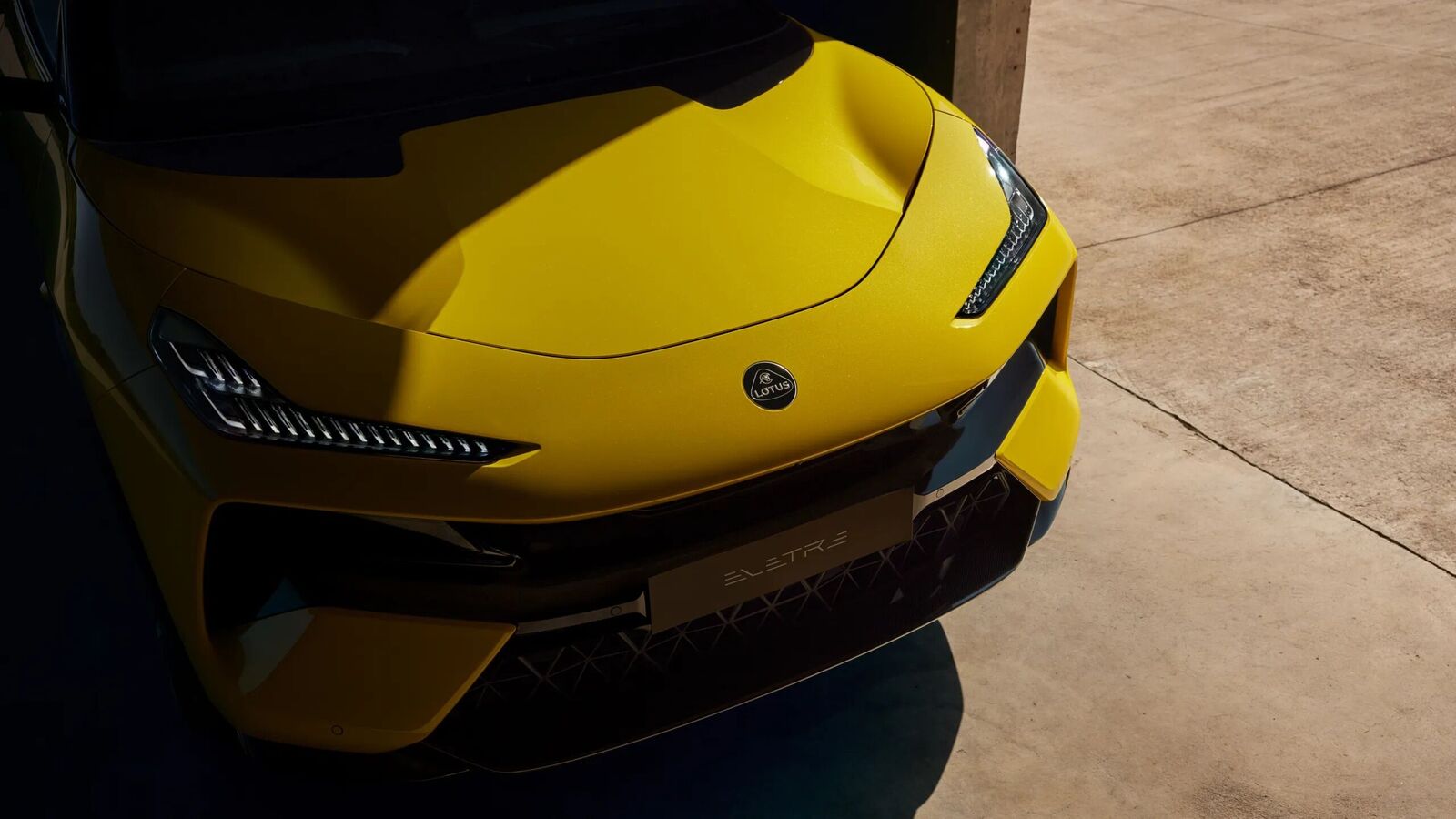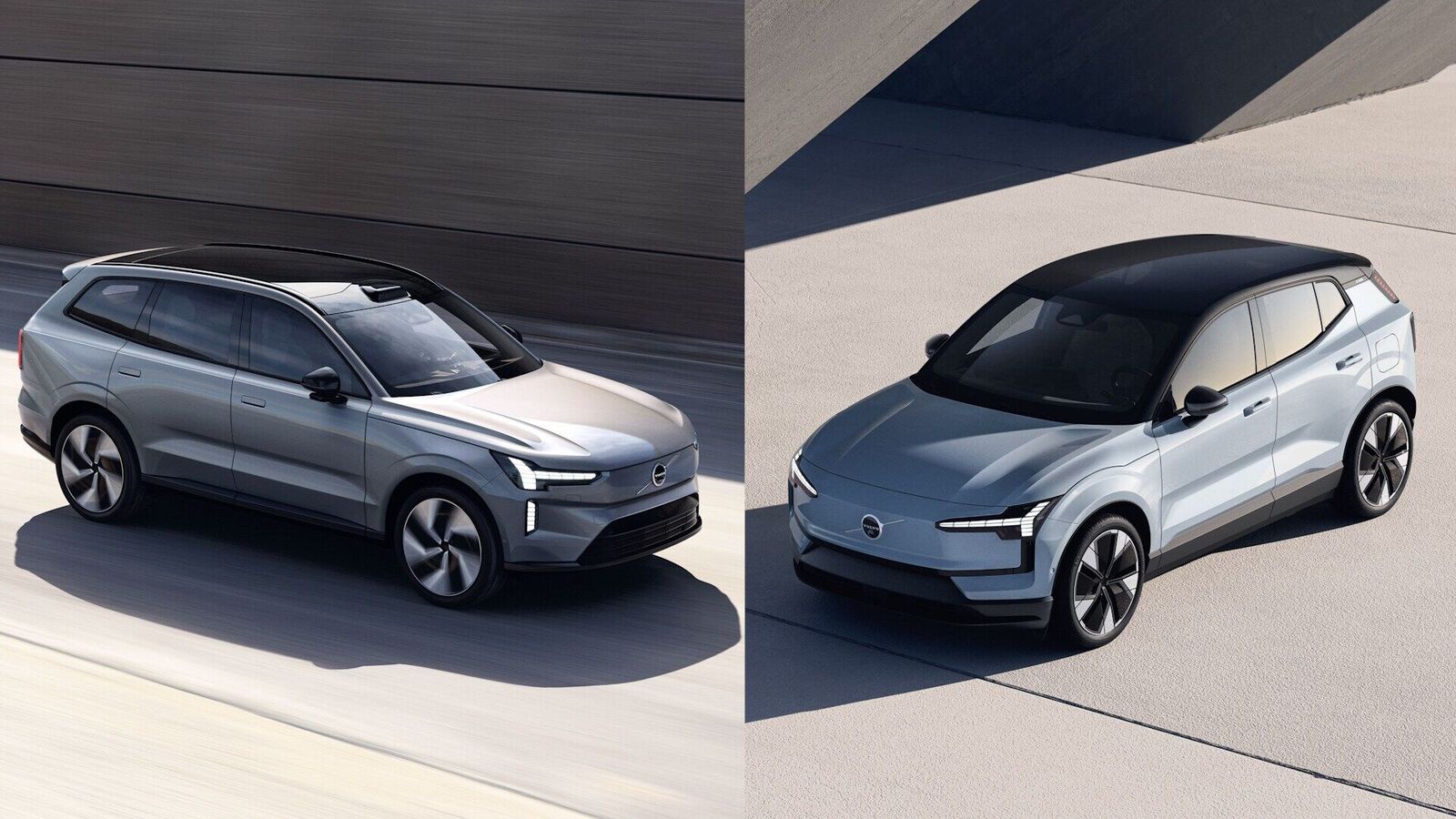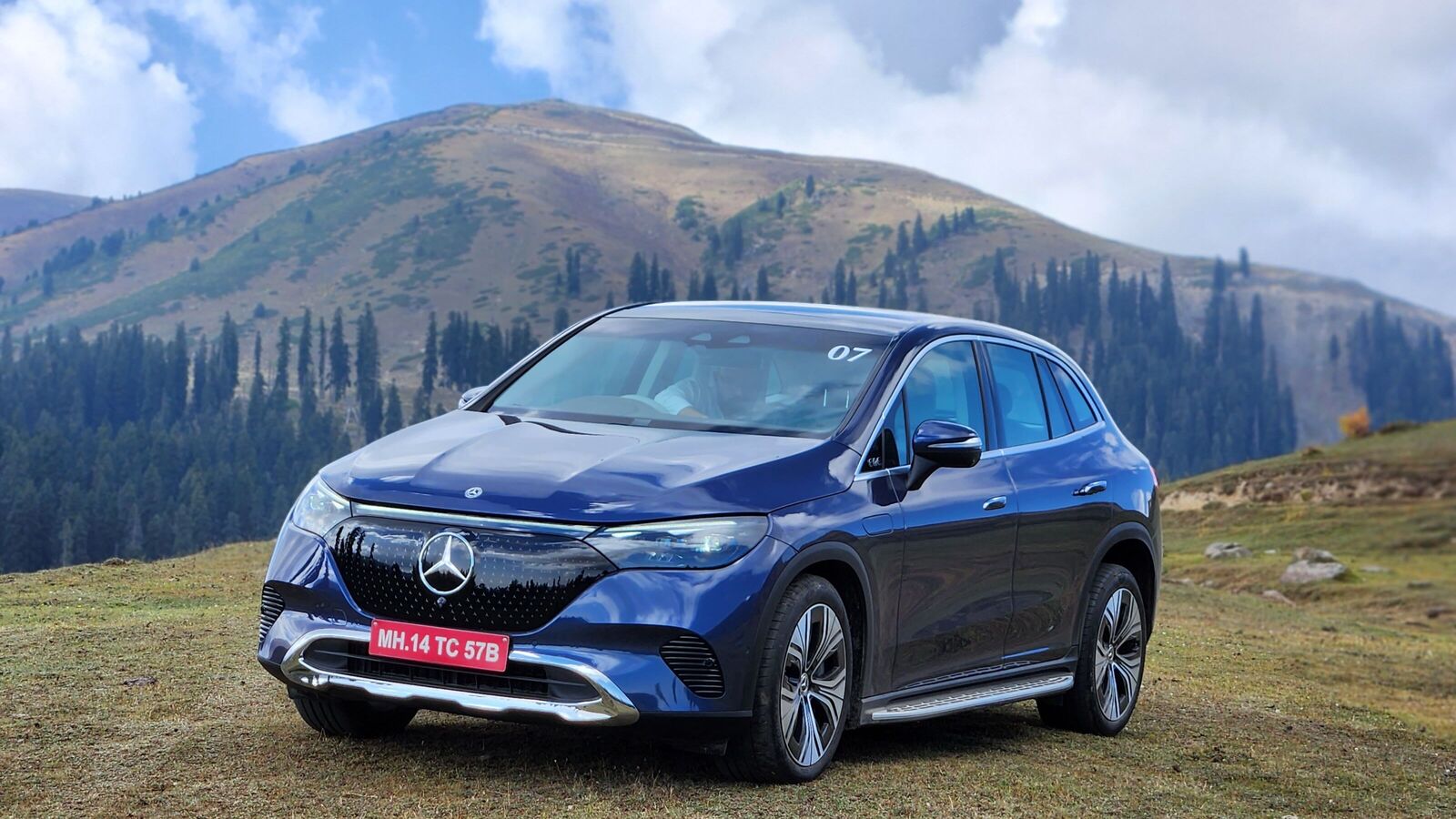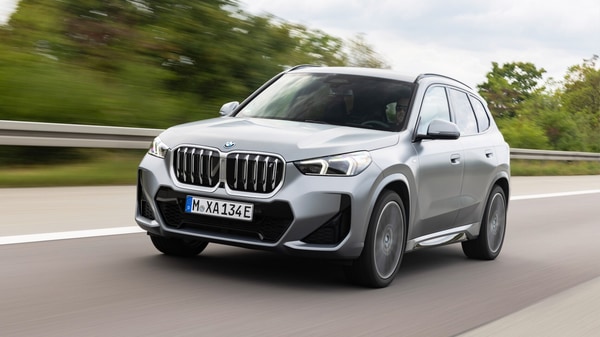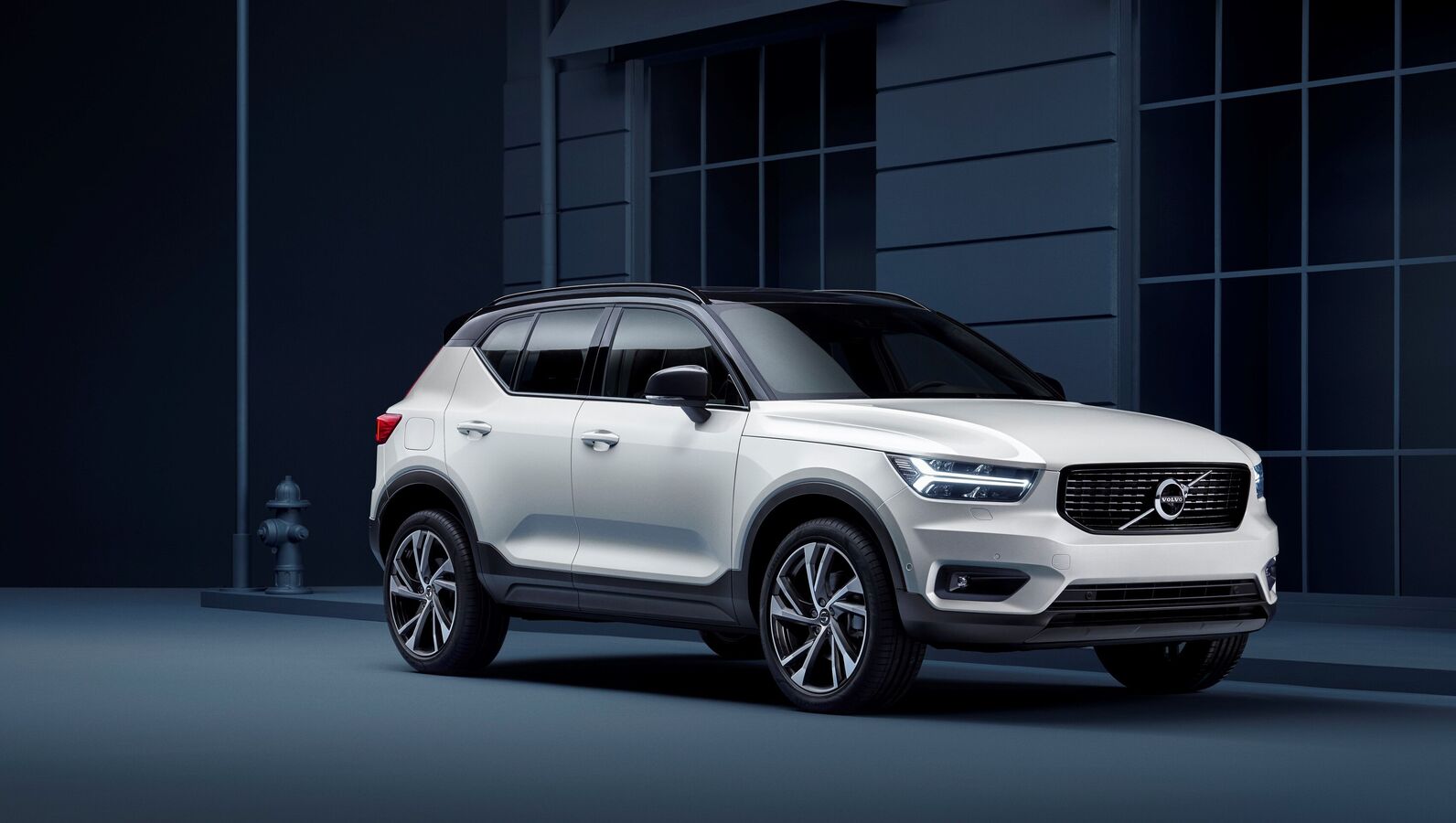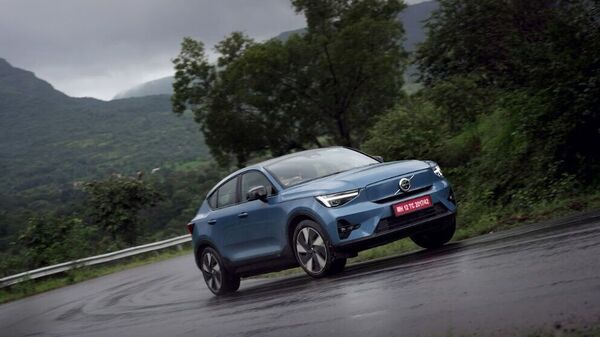Then Wood took a second leap of faith: He chose the Atto 3, made by China's BYD company. Ten months later, he's still impressed with the SUV's range, handling, comfortable seats, trunk space, and voice-controlled sunroof. Wood says it's “really a great car to drive.”
Wood had never heard of BYD before testing the Atto — but BYD has its eyes on drivers like Wood. Less than two years after entering the EU and UK markets, the carmaker is expanding rapidly in both, including TV and billboard spots, prime positions at auto shows and sponsorship of the Euro 2024 soccer tournament. By the end of next year, BYD plans to increase its sales and service locations in the UK from 60 to 120.
Those ambitions are making politicians nervous. The European Union is considering imposing duties of 36.3%, 19.3% and 17% respectively on SAIC Motor Corp, Volvo Car AB parent Geely and BYD, on top of a 10% tariff already imposed on Chinese exporters. Britain could do the same. But even without tariffs, companies like BYD face an uphill battle in a region where EV sales are declining as demand for electric alternatives wanes. Consumers are skeptical of EVs, and there is evidence they are particularly skeptical of cars made in China.
,[Chinese EVs] “There may be reviews that say they're actually pretty good quality,” says Bert Liezen, an automotive consultant at Nielsen IQ who has researched consumers' misconceptions about China. “But what do you do about this perception about the country?”
Wood's car choices set him apart somewhat. Despite outselling Tesla globally in 2023, BYD sold just 16,000 cars in Europe. It has sold fewer than 4,000 in the U.K. Most of the company's sales still come from China, where BYD prices its EVs aggressively: An Atto 3 costs around 137,300 yuan ($19,000), while a Seagull starts at 179,800 yuan ($25,000) and a simple Seagull costs just 72,000 yuan ($10,100).
BYD isn’t selling cars at the same price in the U.K. and Europe — the Seal, for example, costs less than £46,000 ($60,000) in the U.K. — but its reputation for affordable cars means potential buyers are wary.About 74% of respondents in a recent Bloomberg Intelligence survey expressed concerns about buying a Chinese-branded car, citing quality (25%), safety (14%) and Chinese technology (17%).
Survey authors Michael Dean and Giacomo Regelin write that these brands “will have to compete with the strong loyalty enjoyed by domestic European brands” (though domestic brands are also struggling from a slowdown in EV demand).
In a survey of consumers in Belgium, Leijten found that those least likely to buy a Chinese car often cited distrust of the country rather than any specific concerns about the vehicles themselves. Part of his research involved showing consumers ads for Chinese cars while not being told their country of origin. Reactions were often positive—until the cars were revealed to be Chinese.
If you ask any EV enthusiast to drive a BYD car, many of the reputational concerns will melt away, says Linda Grave, founder of UK-based charging consultancy EV Driver Ltd.
“A lot of people are saying that the BYD Seal and Dolphin are great value for money, and the build feels particularly good too,” says Grave. “The whole feel inside the car… it feels like you're getting a lot for your money.”
Richard Harris, 41, a self-described “petrolhead” from West Sussex, UK, has become an EV enthusiast, recently driving a BYD Seal leased through his employer. He had previously leased an electric Volvo XC40, but Harris was drawn to the Seal's sporty styling.
“My boss was with me when it was delivered, and he came out and looked at it and he was like, ‘Wow, I’m really impressed,'” he says. “I think it’s opened people’s minds… I think they’re really surprised by how good it is and how good the build quality is.”
Indeed, going from a gas-powered car to the BYD Seal feels like going from a steam train to a spaceship, not from a steam train to a cheap steam train. The sedan has hair-raising acceleration and cool features like a screen that rotates from portrait to landscape, a windshield speed display, and a panoramic roof. Leather seats and blue suede interior panels give the Seal a plush feel that's a contrast to the low-frills stereotype of Chinese EVs.
The Seal's 300-mile (480-km) range isn't bad. BYD's Dolphin offers a range of about 250 miles, while the Atto 3 offers a range of 260 miles. All of these get top marks in European safety ratings.
BYD's fate in the UK and Europe will depend on its future pricing. The US and Canada have imposed tariffs of over 100% on Chinese EVs, effectively eliminating them as a market. In the EU, on the other hand, Lizhen says it's unclear whether BYD and other Chinese brands will absorb the cost of tariffs or pass them on to buyers.
Although BYD models aren't cheap in those markets, they are competitive. On car marketplace Autotrader, the Seal costs around £45,000 ($56,000) in the UK, £4,000 less than a Tesla Model 3, according to commercial director Ian Plummer. Losing this price advantage “could cause people some issues in taking the first step and trying something new,” says Lizen.
But despite the price advantage, BYD may find that improving its reputation among European car buyers is vital to its expansion goals. Over the past 70 years, Japanese and then Korean cars were viewed with suspicion around the bloc – until consumers realised Toyota and Kia made good cars. Today, a quarter of new cars sold in Europe are Asian brands.
BYD could also benefit from a rapidly evolving EV landscape, in which it joins a number of other new carmakers and new model names from established brands. Many consumers no longer know which company or country is behind which vehicle: Land Rover is owned by an Indian company, MG is now Chinese, Vauxhall is French and many Teslas are made in China.
“Most people don't think about it that much and they're not that aware,” says Plummer. “I think if the product is good and the brand is something they can relate to, it takes care of the root problem.”
Find out about upcoming cars in India, electric vehicles, upcoming bikes in India and cutting-edge technology that is changing the automotive landscape.
First Publication Date: September 19, 2024, 08:26 AM IST

